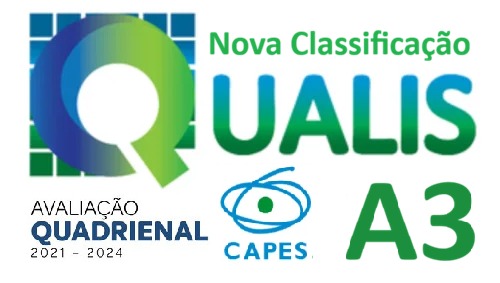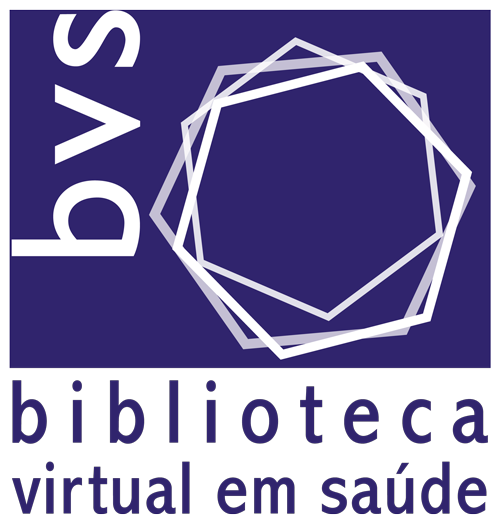New article published in 13(2A) - SENCIR 2025
Small Modular Reactor based on NuScale with Thorium base
Abstract: This study proposes a novel approach to enhance the NuScale Small Modular Reactor (SMR) by incorporating mixed uranium-thorium (U-Th) oxide fuel, thereby increasing U-233 production, improving fuel use, and reducing radioactive waste. The research integrates advanced neutron transport simulations with optimization techniques to refine the reactor’s fuel design for greater sustainability and efficiency. The researchers modeled the reference NuScale reactor core using the SERPENT code, which relies on the Monte Carlo Method (MCM) to ensure exact neutron transport simulations. To meet substantial computational demands, they ran these simulations on the Lobo Carneiro supercomputer at NACAD/UFRJ. The team applied a Particle Swarm Optimization (PSO) algorithm to find the best seed-to-blanket volume ratio, thereby maximizing U-233 production and achieving a self-sustaining fuel cycle. Implemented in Python, the algorithm continuously adjusted reactor parameters, logged progress, and enabled ongoing monitoring and potential restarts. For the seed region, the researchers employed a 13x13 configuration and used a 19x19 configuration for the blanket. They evaluated the proposed core design against critical safety and performance metrics, including the Moderator Temperature Coefficient (MTC), Doppler Temperature Coefficient (DTC), boron worth coefficient (BWC). The team also conducted data analysis and visualization using SerpentTools in Python. The results show that integrating U-Th fuel into SMRs can boost reactor performance without compromising safety, thereby offering a promising path toward more sustainable, efficient, and scalable nuclear energy production. This approach can reshape next-generation nuclear reactors by addressing essential challenges related to fuel sustainability and waste management. Read full article.



























